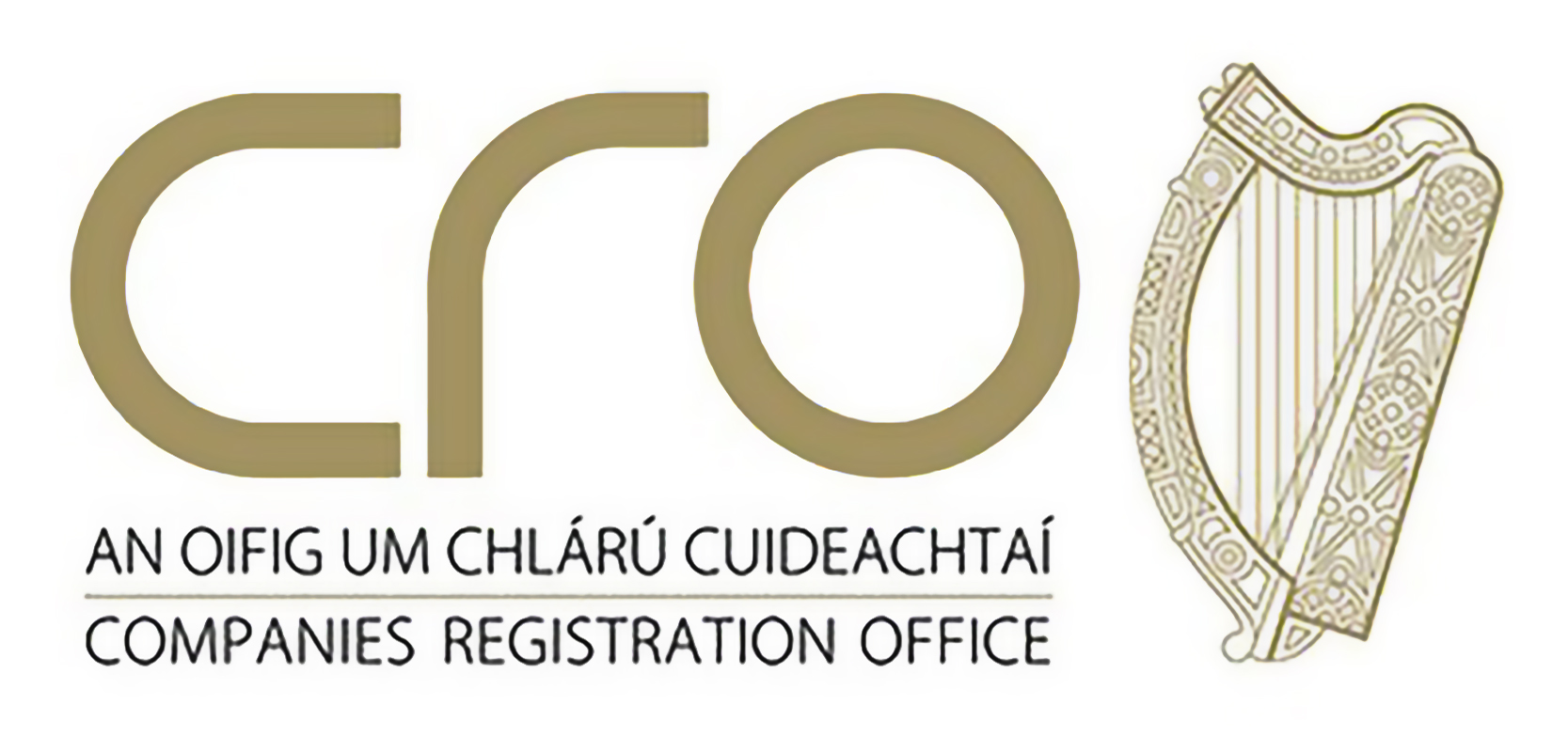The Functions and Documentation Practices of Sheriff (Receiver of Fines) Offices in the Context of Conveyancing.
Predating Irish independence, and with a genesis in English legal antiquity, the evolution of the various Sheriff’s Offices has developed over time to meet the demands of the Irish state.
At present, all taxes, interest, and duties owed to the government are gathered through the Office of the Revenue Commissioners. In turn, they have the authority to delegate their Sheriff’s powers to local sheriff offices, granting them the capability to execute certificates issued for enforcement.
However, the power of the Sheriffs (Revenue) or Sheriff (Civil) does not currently extend to cover real estate property, which was up until the Land and Conveyancing Law Reform Act 2009 the domain of the Sheriff (Civil). The consequence of the 2009 enactment meant that residential freehold title (with some exceptions) could not be seized by the Sheriff (Civil).
So, on 11th January 2016, the Fines (Payment and Recovery) Act 2014 came into operation; its intent being to restore the debt collection reach of the Revenue Commissioners.
In essence, the new act created dedicated officers of the court entitled ‘Receiver of Fines’ who had ‘…the power to seize real property…’. In practical terms, these Sheriffs (Receiver of Fines) are invariably also the sheriffs (Revenue) for a county, albeit wearing different ‘hats of authority’ and maintaining separate registers.
Sheriff (Receiver of Fines) searches are carried out using these registers.
What’s the rationale for purchasing solicitors or conveyancers to inspect the Sheriff (Receiver of Fines) registers when examining the title in a property, right, or interest acquisition?
A Revenue Judgment remains legally enforceable for a duration of 12 years. Within this period, the Revenue possesses the authority to proceed with the execution of the judgment. This entails taking various actions, including implementing a Judgment Mortgage, executing a Forced Sale, issuing Instalment and Committal Orders, initiating bankruptcy proceedings for individuals, liquidating companies, obtaining Mareva Injunctions, securing Garnishee Orders, and appointing a Receiver through Equitable Execution.
Freehold property once briefly immune to enforcement by the Sheriff (Civil) and/ or sheriff (revenue) now became subject to the characteristics of the Fines (Payment and Recovery) Act 2014. The new act provided that ‘…recovery orders for fines over €500 may be made by the court’. Secondly that a receiver appointed may ‘seize and sell property’ as part of the recovery process, and that a definition of ‘property’ now includes ‘land and personal property’.
Accordingly, if a Sheriff (Receiver of Fines) has being appointed against a property it is not dissimilar to a bankruptcy in that the sellers can no longer control (or deal in a sale, mortgage etc of) their real property assets for sale purposes, as their interest in the property would now be vested in the Sheriff (Receiver of Fines).
For these reasons, solicitors or conveyancers representing the buyers must ensure that the property is not under receivership and that the sellers maintain their right and control over the property for sale.
How and what to search for on the Sheriff (Receiver of Fines) registers?
Sellers Names: In practical terms, a Sheriff (Revenue) register search is typically conducted against the names of the individuals (and/ or entities) selling and in conjunction with the exact address of the property/ right/interest being sold.
Buyers’ Names: Furthermore, when a solicitor commits to safeguarding the interests of a lender or lending institution in cases where a mortgage is to be granted, searches may also extend to the names of individuals or entities acquiring the property, right, or interest.
For the solicitor or conveyancer handling the purchase, a corresponding record found in the sheriff (Revenue) register can serve as a signal, potentially indicating the transformation of a judgment into a judgment mortgage against the property being sold. This may entail the property’s possible sale only under court supervision, which could lead to inconveniences.
Furthermore, such a discovery might also suggest the presence of other potential hurdles, such as impending bankruptcy or company insolvency for the seller, along with the subsequent consequences that may follow.
What will the Sheriff (Receiver of Fines) register search show me?
Sheriff (Receiver of Fines) results will disclose if any executable orders against goods and chattel have been lodged with the Receiver of Fines. Moreover, a search result will state whether a Receiver has been appointed in respect of the property.
Opt for a reputable Law Search provider.
Considering the significant repercussions outlined earlier, stemming from either neglecting to conduct a search entirely or, even worse, conducting an inadequate or inaccurate Sheriff (Receiver of Fines) search, it is vital for purchasing solicitors and conveyancers to rely on a reputable law search provider like Ellis & Ellis.
We offer a seamless and user-friendly ordering platform at www.ellis.ie, backed by over 130 years of professional expertise and a commitment to post-sales support, ensuring our clients receive an exceptional search service.
Furthermore, for added peace of mind, Ellis & Ellis provides Professional Indemnity Cover of €10 million.
Why not join the thousands of users who place their trust in Ellis & Ellis to provide them with a competitive advantage?
Did you find the information above intriguing? Explore one of our other Ellis & Ellis explainers on related searches below;









